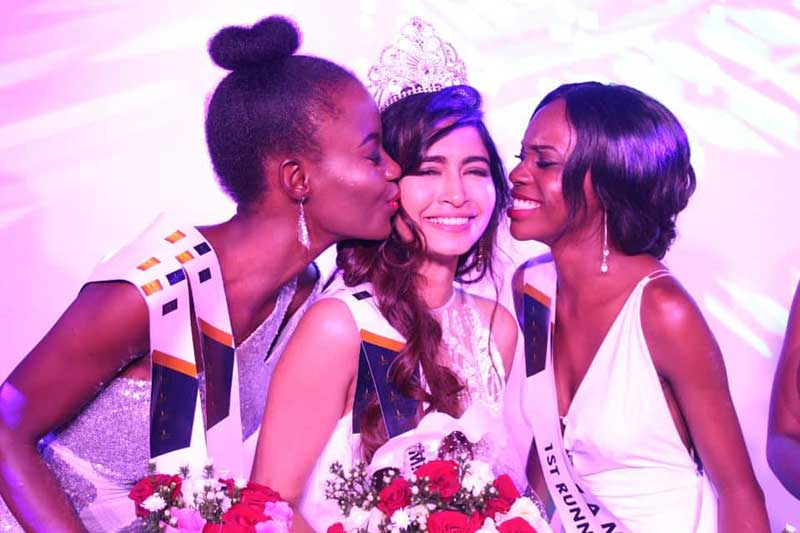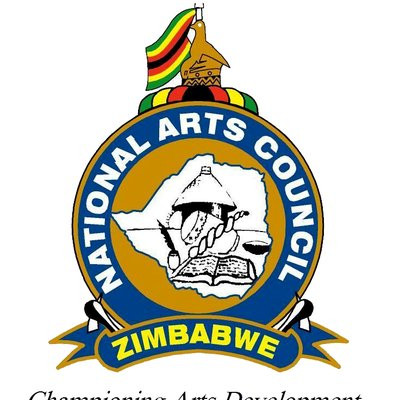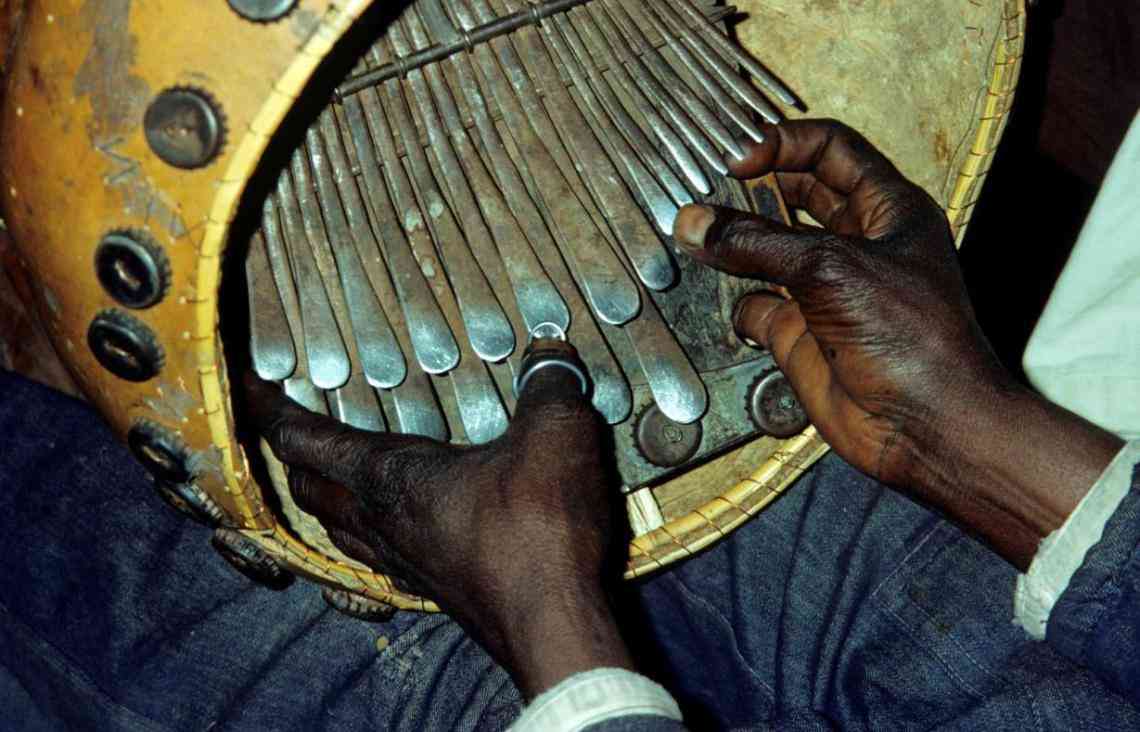
BANGLADESH Tourism Corporation brand ambassador Priota Farelin Iftekar was crowned the inaugural Miss Culture Worldwide at the pageant’s finals held in Harare on December 16. The pageant was organised by Destination Marketing International, a local destination marketing, national branding and investment marketing company whose mandate is to magnify “Brand Zimbabwe” to the international community. Iftekar (PI), popularly known as the Flag Girl because of her advocacy work for women’s rights in her country, outclassed 49 other contestants to land the top honours, which will see her carry the crown in a bid to enhance cultural diversity and the marketing of both Zimbabwe and Bangladesh. She speaks to NewsDay (ND) Life & Style reporter, Kennedy Nyavaya.
Sneak Peek: Kennedy Nyavaya
ND: What inspired your interest and participation at the inaugural Miss Culture Worldwide pageant?
PI: This pageant is specifically for the purpose of us talking about our culture, showing the world the essence of who we are. For example, the dressing I brought was entirely made in my country, and as I am talking to you, I am wearing material from Bangladesh and all the performances were based on what our countries represent. We were marked on how much knowledge we have about our development and how we are thinking of establishing businesses between our country and Zimbabwe, with the tagline, Zimbabwe is ready for business.
ND: How does it feel to be crowned the first queen of this pageant?
PI: In a place where most people do not know my country’s name well, to win something and make the country’s name go one step ahead than just cricket,is a great feeling. In my country, many people do not know my name, but the Flag Girl. But when we are here, we call each other by our country’s names, and I will miss being called Bangladesh for 10 days.
ND: Now that you have won, what are your immediate responsibilities?
PI: As the newly crowned queen, my first task was to go around exploring Zimbabwe; exploring business possibilities between my country and Zimbabwe. I noticed there is a good chance for us exporting garments. My research says whatever you guys have done before, we can do something of much more better quality and at cheaper prices. I am also a brand ambassador for Bangladesh Tourism and Corporation, and this is an exchange of understanding and knowledge. What we can learn from Zimbabwe is how you do your tourism and run your education system, because everyone can communicate in English here.
- Chamisa under fire over US$120K donation
- Mavhunga puts DeMbare into Chibuku quarterfinals
- Pension funds bet on Cabora Bassa oilfields
- Councils defy govt fire tender directive
Keep Reading
ND: This is a different kind of pageant. Why do you think culture is an important aspect in pageantry?
PI: I think in a year like 2018, it is still shocking how women are pressured by society on what is the definition of perfection even when it is not a part of their culture. However, most international pageants have opened up to diversity and culture. When I came to Zimbabwe, I was very grateful because they acknowledge my religion and the food that I take. The organisers also removed the bikini wear category, which made most of the models in camp happy because in our cultures, it would have been very abnormal to wear that. We felt very honoured that the pageant honoured such small things that meant very much to us and our countries.
ND: Can pageantry be used to influence change in addressing the plight of the girl child?
PI: Yes. Being queen is about thinking about others. The person with the crown is always going to think about other people, so the purpose for me has been to push for women’s rights. I have already been doing advocacy on these issues with representatives (for Flag Girl) in over 50 countries, and I am trying to get connected to the government officials here on these issues.
ND: What do you think is the strongest reason you became queen?
PI: From the beginning, I asked what they were looking for in the queen, and they said they were not looking for models, but a spokesperson who will be carrying the legacy of the pageant and will be able to handle the responsibility. I maintained persistence about delivering work throughout the 10-day camping period, so they thought I was good at branding myself. But overally, they wanted a good spokesperson.
ND: Why should other girls go into pageants to influence positive change as you are doing?
PI: Pageants teach discipline because to get this crown, it was not after just one or two days of preparation, but some months of disciplining myself; waking up on time, eating healthy, learning about the world’s different cultures and practising on my own. Every single thing was about discipline. So 11 months of the discipline, and this is the result so if anyone would want to work on their discipline, I think pageants are the way to go. It is also about how you want to turn out as a person, because as I am talking, my country is proud and opening up different opportunities for someone like me who lost both parents. My grandmother was the first female journalist (in my country), my great grandfather wrote literature, so there is a lot of expectation for me from people. So when I got this crown, it is opening up new doors for me. ND: How has been your experience in Zimbabwe?
PI: This is my second time in Africa, and before I came here, people were asking if I would be safe in Africa, but my purpose as a spokesperson of tourism was that I wanted to tell the world how safe Africa is and how welcoming the people are. Every time people are meeting and greeting.
The friendliness and approach of wanting to help people explains why tourism is doing so well in Africa. The food is great too, and I was amazed by the crowd who cheered on me when I was crowned, which made me feel respectful.
ND: Ultimately, what do you want to achieve before handing over the crown in the next edition?
PI: My purpose over here was to give a message of positivity and help the two countries work together. When I first came here, not many people knew about Bangladesh apart from our cricket team, but we have far many more things to offer and talk about than just our cricket team. We have the second largest garment industry in the world, textiles and fish, among many other things. I will work very hard and closely with people from both ends to make sure that a mutually beneficial relationship is established.











